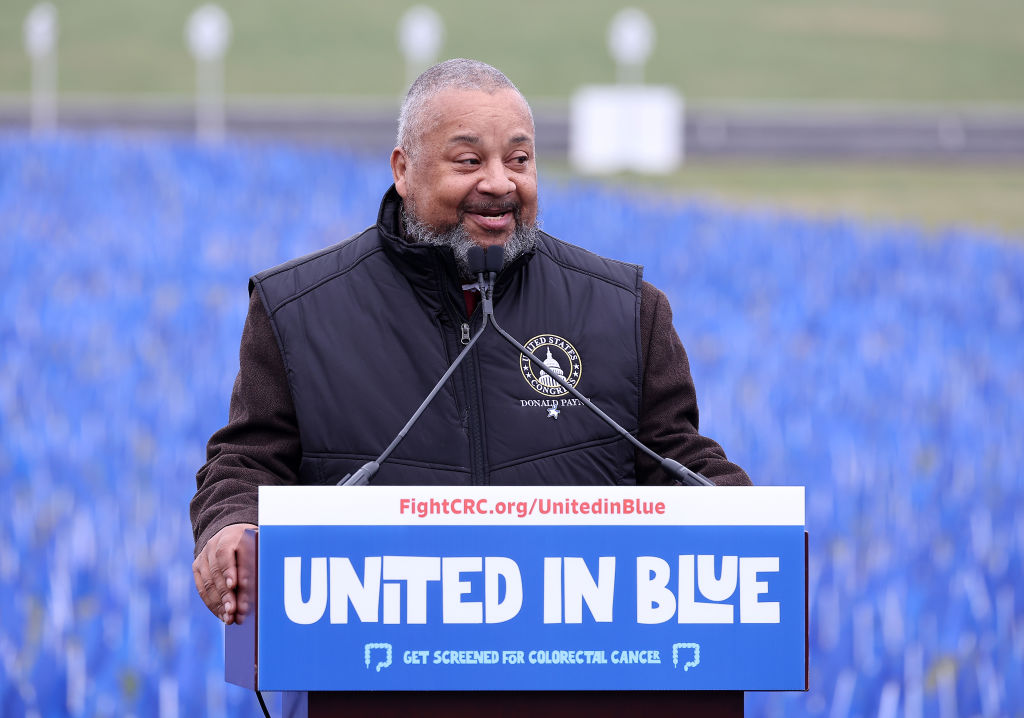B.B. King, who spread the saga of the blues around the world, was, above all, a master storyteller.
Sure, his musical mini-masterpieces of love and loss brimmed with words that could sear. But he also could weave tales with the bend of a string, eliciting a chilling vibrato that reverberated straight through his fingertips to the heart. His throaty howl-and-growl voice traveled from his lips to the soul, both stirring and shaking.
King carried on scorching call-and-response conversations with Lucille, his voluptuous Gibson guitar, who may have been the only woman never to do him wrong.
Thankfully, he let us eavesdrop.
King, who died late Thursday at age 89, leaves a legacy as troubadour who shared the blues – transforming a music born of pain into an experience of rapture and redemption.
It was a gift he kept giving, during a life that spanned a large, turbulent swath of the country's social and musical history. The burly bluesman, born into poverty in segregated Mississippi, served as a bridge from blues pioneers like Blind Lemon Jefferson and Robert Johnson to innovative jazz guitarists Django Reinhardt and Charlie Christian to the rock and roll era.
King, who started in rural juke joints in the 1940s, earned widespread acclaim in the 1960s, amid the explosion of popular music he helped create – blues strained through the rebellious filter of Jimi Hendrix and the British likes of the Rolling Stones, Cream and Led Zeppelin. King became a favorite guest of Johnny Carson on "The Tonight Show," giving him exposure that eluded his legendary predecessors.
U.S. & World
King’s biggest hit, his 1970 version of "The Thrill is Gone," a haunting minor-key blues, struck the rare chord of a pop triumph via a song chronicling the agony of a love that died. He would find more chart success with U2 in the 1988 collaboration "When Love Comes to Town." But King, who started night clubs bearing his name from Beale Street to Times Square, knew that the blues are best delivered live.
Those of us lucky enough to have seen him in person – and there are countless millions, thanks to some seven decades of his near-constant touring – got the full King treatment, not just listening but feeling the musical tales he wrought, his clear joy of performing belying the raw roots of the songs he played.
King's earthly story is over. But thanks to recordings and memories as timeless as the blues itself, the thrill of B.B. King lives on.
Jere Hester is founding director of the award-winning, multimedia NYCity News Service at the City University of New York Graduate School of Journalism. He is also the author of "Raising a Beatle Baby: How John, Paul, George and Ringo Helped us Come Together as a Family." Follow him on Twitter.



